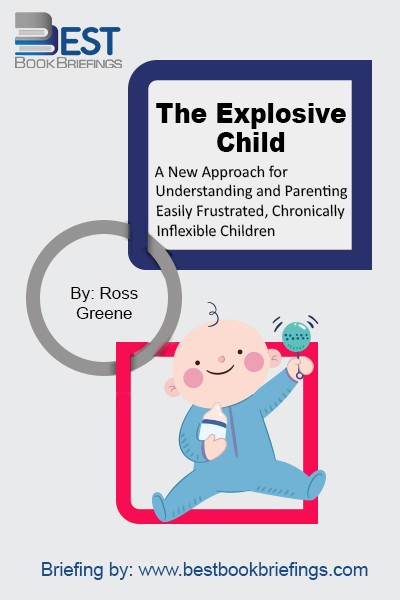The Explosive Child
A New Approach for Understanding and Parenting Easily Frustrated, Chronically Inflexible Children
Editorial Review
Dealing more effectively with explosive children requires, first and foremost, an understanding of why these children behave as they do. Once this understanding is achieved, strategies for helping things improve often become self-evident. In some instances, achieving a more accurate understanding of a child’s difficulties can, by itself, lead to improvements in adult-child interactions, even before any formal strategies are tried.
Book Reviews
Books on Related Topics
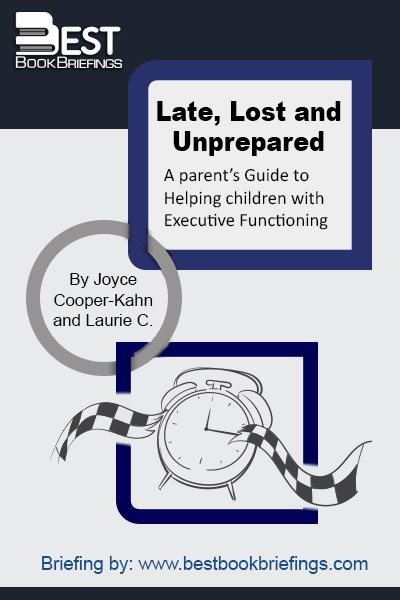
Is your child chronically late turning in papers? Does she show up for soccer practice without her soccer bag? Say things without thinking? Read something and forget what he read? Wait until the last minute and then get caught short of time to complete tasks? Written by two clinical psychologists, Late,
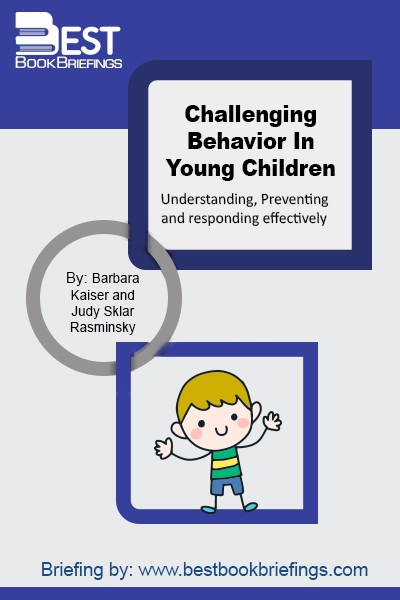
The Text brings together knowledge from neuroscience psychology, psychiatry, child development, special education, early Care and education, cross culture research, and proactive social skills programs and organizes it into a single comprehensive (and comprehensible) whole. The research–based strategies can be used separately or together, providing you with the collection of tools
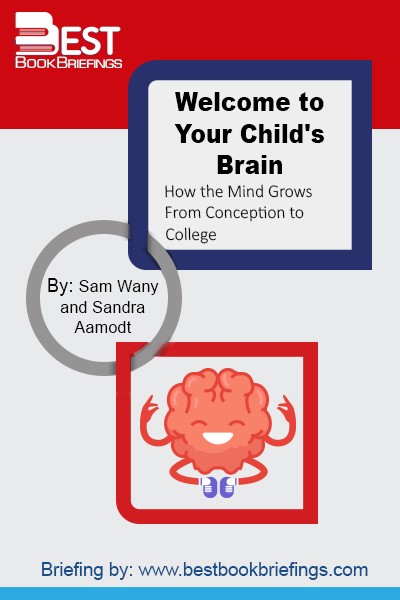
How children think is one of the most enduring mysteries—and difficulties—of parenthood. The marketplace is full of gadgets and tools that claim to make your child smarter, happier, or learn languages faster, all built on the premise that manufacturers know something about your child's brain that you don't. These products are
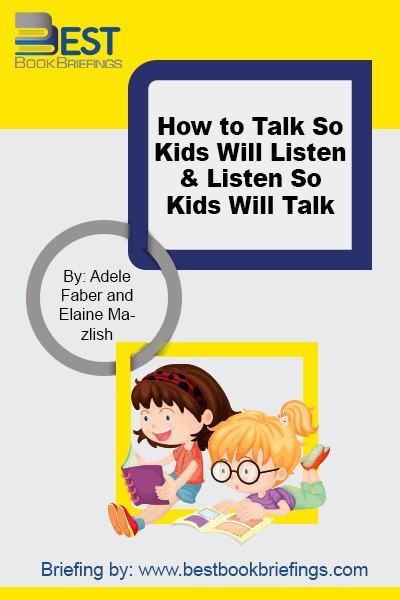
Here is the bestselling book that will give you the know-how you need to be effective with your children. Enthusiastically praised by parents and professionals around the world, the down--to--earth, respectful approach of Faber and Mazlish makes relationships with children of all ages less stressful and more rewarding. Recently revised and
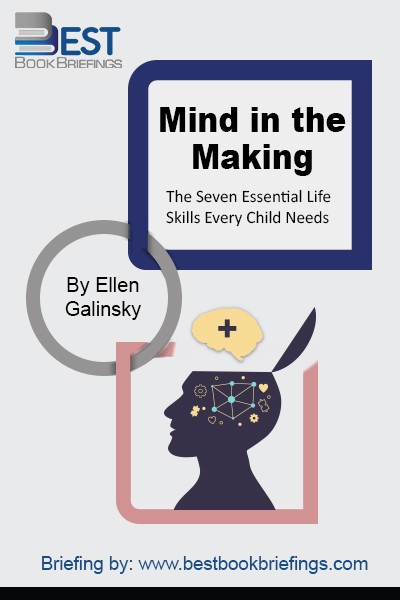
Life today can be complex, distracting, fast moving, 24-7, and stressful. It is also joyful and full of exciting possibilities. We know that if it is this way for us, it is only going to be more so for our children. We all want the best for our children, but how
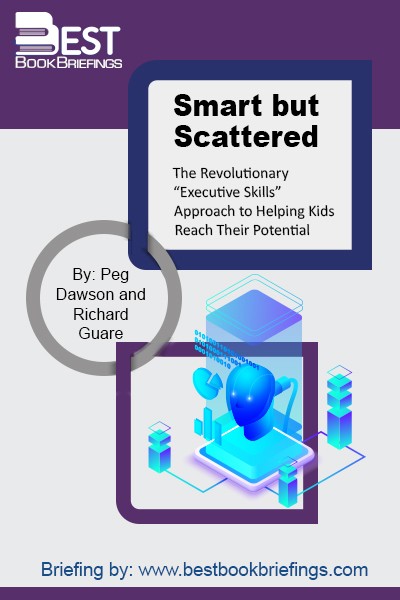
There's nothing more frustrating than watching your bright, talented son or daughter struggle with everyday tasks like finishing homework, putting away toys, or following instructions at school. Your smart but scattered 4- to 13-year-old might also have trouble coping with disappointment or managing anger. Drs. Peg Dawson and Richard Guare have

